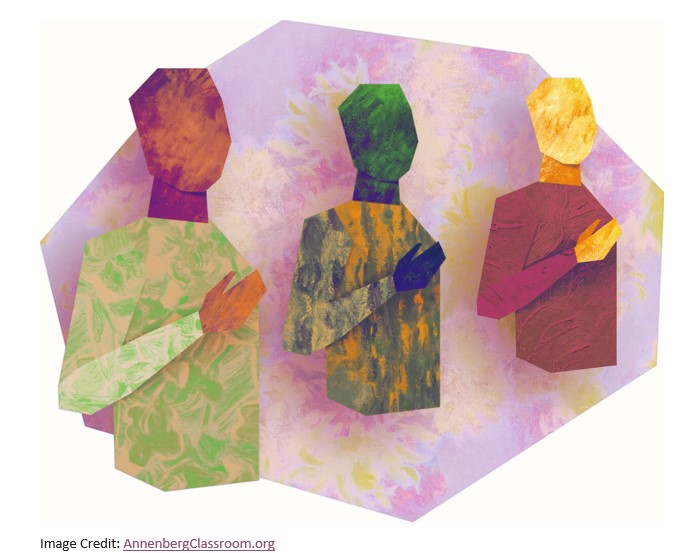Find out and dive into its relevance in our webinar Friday
Voting rights, civil rights, citizenship rights, and same-sex marriage … all are founded in some way in the 14th Amendment of the United States Constitution.
Though not as familiar to the average American as the First or Second Amendments, the 14th was critical in ensuring that freedoms achieved in the Civil War were never undone by autonomous states. It also ensures that a simple majority vote of Congress cannot erase the protections of the Civil Rights Act of 1964 and the Voting Rights Act of 1965.
"The 14th amendment is a pertinent one and is especially important historically," says University of Maryland Professor Patrick Wohlfarth, Ph.D., who will explore the Amendment's meaning, origins, and constitutional importance in a Kendal at Home webinar "What is in the 14th Amendment?" on Friday, April 9 at 11 a.m.
Equal protection and more
"The provision has served a wide variety of functions since its ratification in 1868," says Wohlfarth. "It's never become outdated, and it's a bedrock to ensure state governments cannot treat different groups of people differently."
Wohlfarth, an author and Supreme Court scholar, will pay particular attention to how the Amendment applies to current and past disputes before the high court.
"The 14th Amendment stands out as one of the most scrutinized, litigated, and applied provisions in the Court's decision making and in American society," he says. Among the many important Supreme Court decisions founded on the 14th Amendment include Brown vs. Board of Education (ending racial segregation), Roe V. Wade (reproductive rights) Obergefell v. Hodges (legalizing same sex marriage) and United States v. Wong Kim Ark, which clarified the meaning of the citizenship clause (if you're born here – as were many former slaves – or have been naturalized, you're a citizen counted in full for congressional apportionment).
The key provisions of the Amendment include equal protection under the laws, the right to due process, and the applicability of the Bill of Rights to every person in every state. The 14th Amendment also makes you a citizen of not just your state but America.
Our presenter
Patrick Wohlfarth is an associate professor and the co-director of graduate studies and placement in the Department of Government and Politics at the University of Maryland, College Park. Dr. Wohlfarth is coauthor of two books: The Conscientious Justice: How Supreme Court Justices' Personalities Influence the Law, the High Court, and the Constitution (Cambridge University Press, 2020); and U.S. Supreme Court Opinions and Their Audiences (Cambridge University Press, 2016). His academic awards include the 2015 Excellence in Teaching Award from the College of Behavioral and Social Sciences at the University of Maryland.
"The 14th amendment was a way of instilling a principle of equal treatment of the laws in a way that would be difficult to change," he says. "It's been an important principle for more than 150 years, and it continues to be."
Whether you need the basics on the Amendment or know it inside out, the conversation will contain something for you. We look forward to seeing you there.













